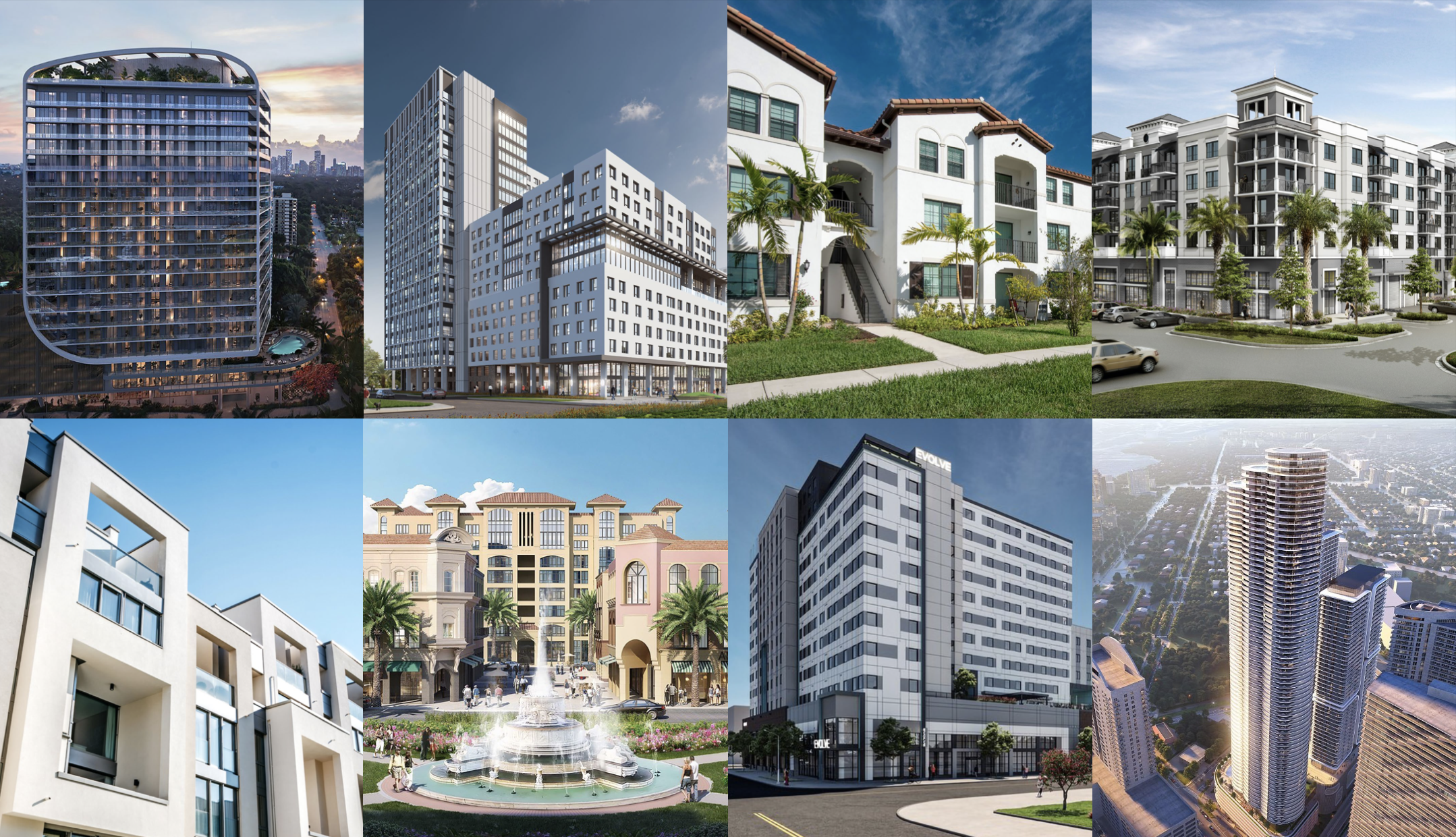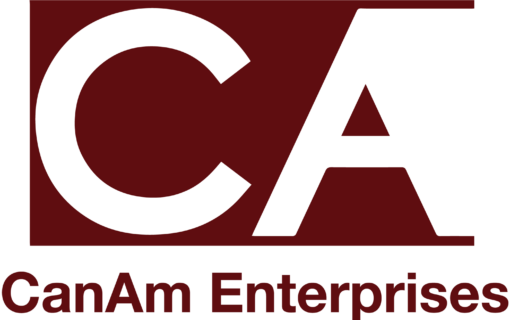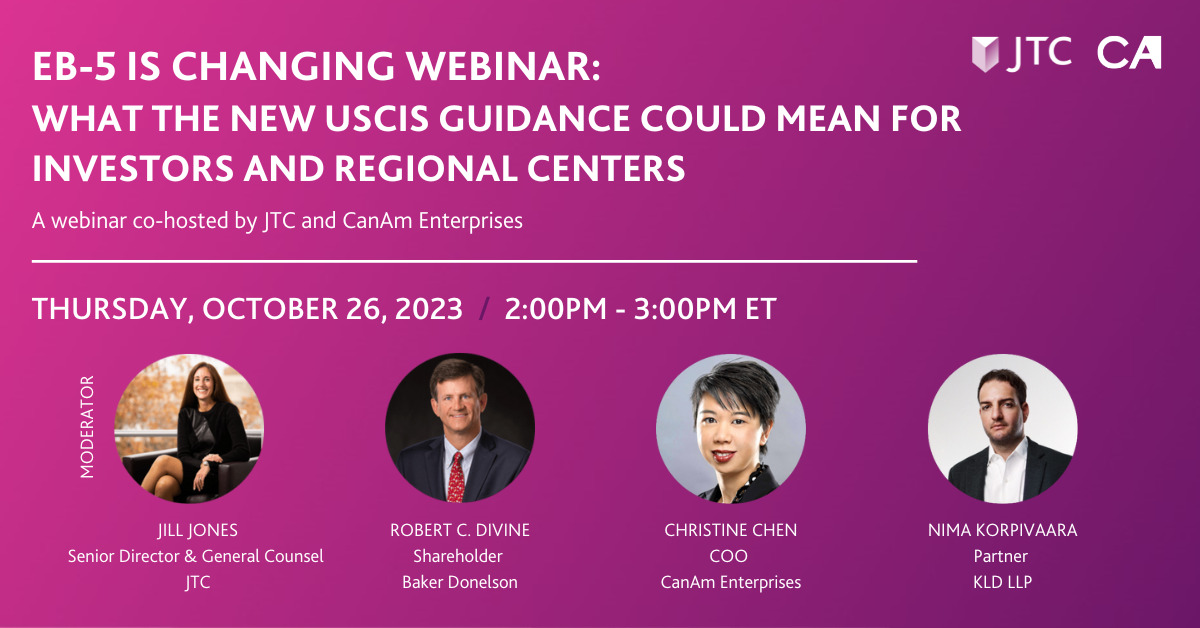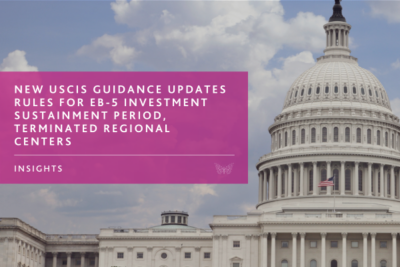CanAm Enterprises (“CanAm”) is taking the backlog that has delayed the processing of visa applications for participants in the EB-5 Immigrant Investor Program and turning it into an opportunity for its investor clients. After successfully raising $350 million in EB-5 capital for Florida East Coast Industries’ Brightline rail project, which was fully repaid in August 2020, CanAm has now fully reinvested $221.5 million of those proceeds back into Florida real estate projects across a variety of asset classes with potentially attractive market rate returns.
CanAm is an established leader in the EB-5 industry. The company and its affiliate partners have raised more than $3.5 billion of capital for 80 investment projects in metropolitan areas throughout the U.S. The EB-5 Program provides qualified foreign investors with the opportunity to earn conditional or temporary two-year visas in return for investing required capital in businesses located in high unemployment areas that create or retain at least ten permanent full-time jobs for U.S. workers.
One of those EB-5 projects has run its course. CanAm provided a $350 million loan to Florida East Coast Industries’ Brightline rail project and was a key financing piece in the development of the high-speed passenger rail system in Florida. Per program requirements, EB-5 capital must remain invested (at risk) while visa applications are pending. The nature of EB-5 capital is that it is generally priced below traditional bank financing to incentivize and facilitate job creating development projects and other job creating businesses. CanAm’s EB-5 loan for the Brightline created more than 9,400 jobs, its investors were approved for their conditional visas, and the loan was repaid in August 2020. Out of the repaid capital, CanAm was able to have its investors agree to reinvest $221.5 million back into qualifying Florida investments. Because the reinvestment projects do not have the same limitations as the original EB-5 investment, it can be used in a variety of types of projects and can be structured in ways that can provide investors with market rate returns.
“Although EB-5 investors are willing to accept lower returns on their capital during the 5-7 years of the initial EB-5 investment, few want to do so for a redeployment reinvestment,” said Christine Chen, COO of CanAm Enterprises. “At CanAm, our strategy follows a proven approach that includes working with reputable sponsors and applying disciplined and conservative underwriting standards to identify projects that have the potential to offer market rate returns to our investors.”
The $221.5 million of capital has been successfully reinvested into a portfolio which consists of 11 real estate projects in the robust Central and South Florida markets. The portfolio consists of a mix of senior loans, mezzanine loans and preferred equity investments in a variety of properties across the industrial, multifamily, senior housing, student housing and mixed-use asset classes, including a $50 million investment in the 95-acre master-planned Countyline Corporate Park in Hialeah, one of Miami-Dade County’s biggest industrial parks; a senior living community in Port St. Lucie by Lloyd Jones, a developer and operator with more than 40 years of experience in the space; a 75-unit student housing development at Florida International University in Miami being led by Toll Brothers, the 5th largest home builder in the United States; a $103 million condo development in the heart of Miami’s financial center; and a 306-unit multifamily development by Merrimac Ventures in Plantation.
“The Florida market has continued to see robust growth during and after the pandemic, and we are excited about the having had the opportunity to participate in high-quality projects with top developers,” said John Reid, Director of Project Development at CanAm Capital Partners (“CACP”), a private equity affiliate of CanAm Enterprises. Added Skip Stern, CanAm’s Managing Director of Legal Affairs, “Although we could’ve found one super-sized project to reinvest the capital, we believed that in times such as these, diversifying the portfolio across different property types, deal sizes and geographies across Florida gave our investors a chance to participate in sectors that are seeing growth while simultaneously mitigating risk exposure. We set out to find 6 or 7 deals to put in this portfolio, and we were presented with so many compelling opportunities that we ended up doing 11 projects. I think our investors should be extremely pleased with the deal diversity we were able to put together.”
The redeployment is a testament to the deep relationships CanAm has formed within its developer and broker network to source potentially attractive deals over the past 35 years, as well as the trust placed by CanAm’s clients to reinvest their capital with care. Since it was founded in 1987, CanAm and its affiliates have funded capital from its more than 6,000 clients into a variety of real estate and infrastructure projects, including multifamily properties, office towers, hotels, industrial campuses, transit-oriented developments, and biotech labs that are located predominantly in major urban centers.
“We pride ourselves in partnering with what we consider to be best-in-class sponsors, and we couldn’t be more pleased to be investing alongside some of the top regional and national players within the Florida market,” added Reid.
Going forward, CanAm remains keenly focused on identifying projects and investments with quality sponsors. Across its three lines of business, which include its EB-5 immigration investment program, EB-5 capital redeployment and private equity real estate investments, CanAm has capital ready to invest for qualifying shovel-ready projects.
“Our strategy is to build long-term relationships with experienced, talented groups, and we have proven that this model can produce competitive returns for our investors without exposing their capital to excessive risk,” commented Chen.
CanAm Enterprises, with over three decades of experience promoting immigration-linked investments in the US and Canada, has a demonstrated track record of success. With over 60 financed projects and $3 billion in raised EB-5 investments, CanAm has earned a reputation for credibility and trust. To date, CanAm has repaid more than $2.26 billion in EB-5 capital from over 4,530 families. CanAm manages several USCIS-designated regional centers that stretch across multiple states. For more information, please visit www.canamenterprises.com.






